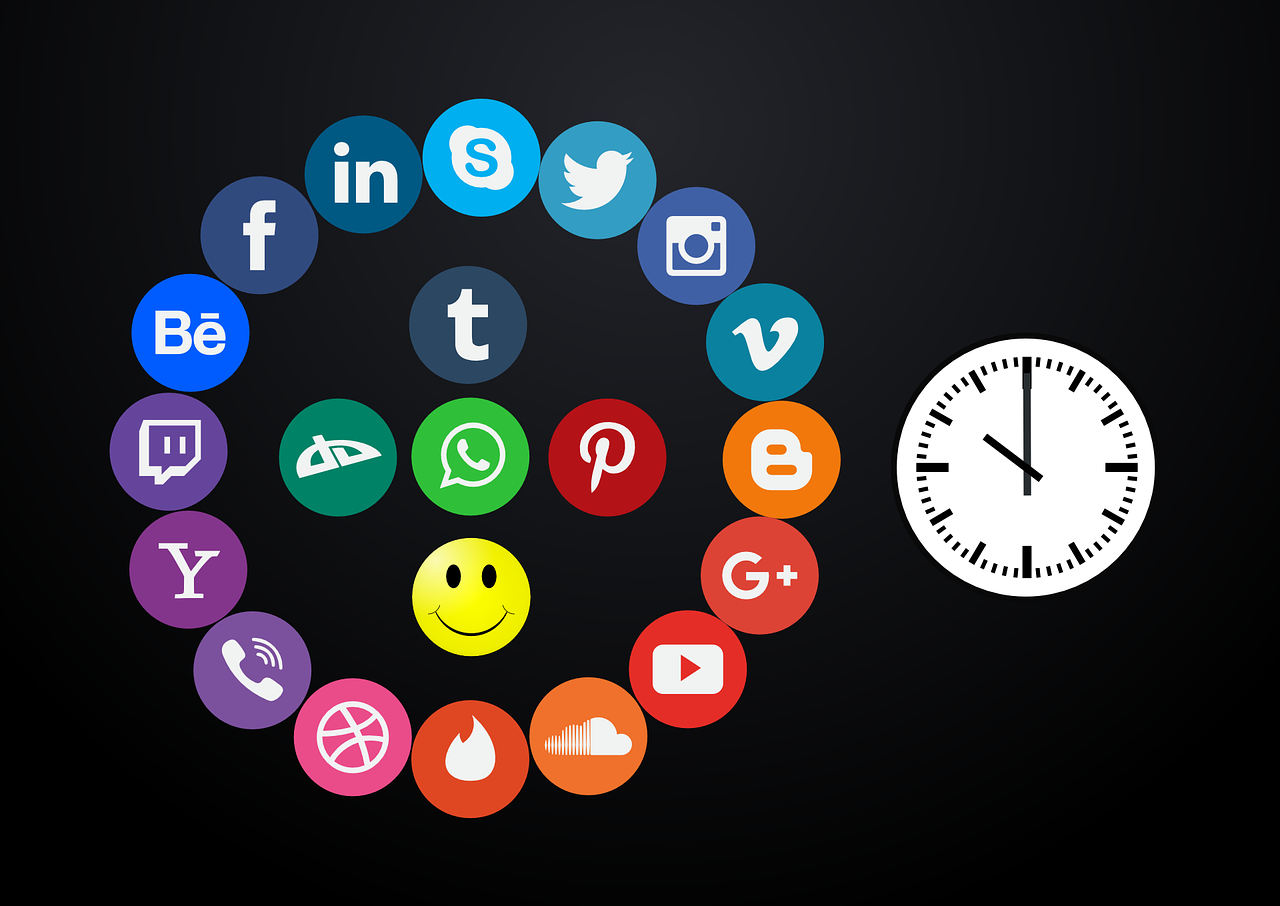A quiz is a form of feedback from your audiences. In any business, let’s say, it tells where it is at its best, and where it requires focus. Social media quizzes are of course important. Social media quiz is another form of social media marketing. According to research, no marketing is complete without a social media quiz. It lets you know what the followers prefer, their likes, dislikes, and the changing needs want, and the demands of their audiences. To get an exact and targeted audience, buy real Instagram followers from a trusted source.
People enjoy taking social media quizzes. It’s a unique, quick, and easy way of revealing new information. Answering a question, or selecting a certain option in a quiz does no harm or does not affect others in any way. Others understand that it’s your choice and your decision. It’s a mature way of telling me what you want, your likes, dislikes, etc. Audiences but also marketers do not only like quizzes because there is no rocket science in creating a quiz. It is easy to form and it takes very little time in creating a quiz. Quizzes can provide you with a lot of information about your business, your company’s progress according to the audiences, and it’s a way of letting companies know what their audiences think of them. It is an effective way of gathering feedback.
Contents
Create a goal:
You should be clear with your goals and objectives. What do you want to achieve? Why are you creating a quiz? You should have one strong reason. You should know that whether you want to introduce your product to the audience or you want more followers or customers via the quiz.
Know the needs of the customers:
Know what your target market wants from you. Creating a quiz regarding the likes, dislikes of your audiences is a great way of communicating with your audience. Your audience might feel delighted to know that you are addressing their needs, wants, and desires. Social media marketing is all about providing value to your customer. The best way of providing value to a customer is to address their needs.
Design the Quiz:
In order to have an appealing, successful, and attractive social media quiz. Your quiz needs to have a fun factor to attract large audiences. Address your audiences through your quizzes. The audience loves it when they are being addressed and they think that the brand cares for them. The quiz should be simple, easy, and understandable. Moreover, you can add images to your quiz to attract large audiences.
After you are done with the rest of the steps, all you have to do next is to publish your quiz to your website, page, blog, or you can publish it on your social media profiles including Facebook, Twitter, Instagram, LinkedIn, etc. After that, have a look at the results. Evaluate the results. Know where you are having progress and what parts need your attention.
Hence, social media quizzes are important to take. It can be very beneficial for a company as it lets them know about their drawbacks.
Read Also :




















